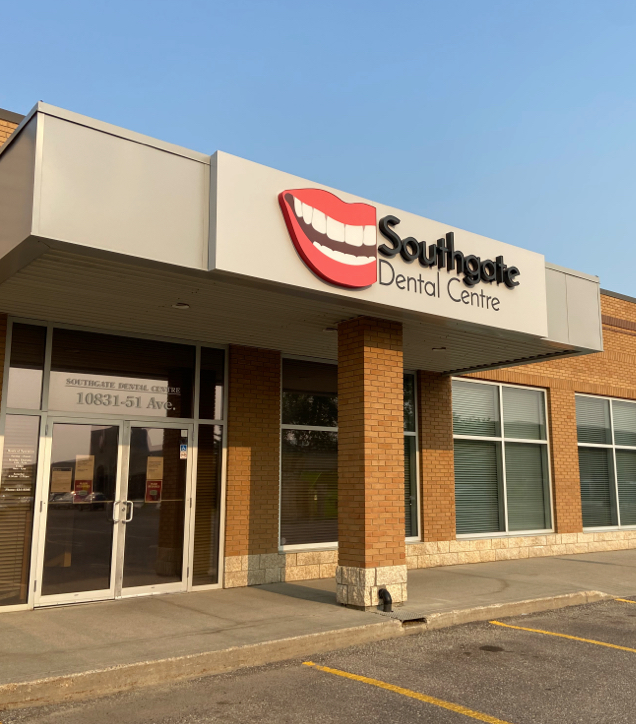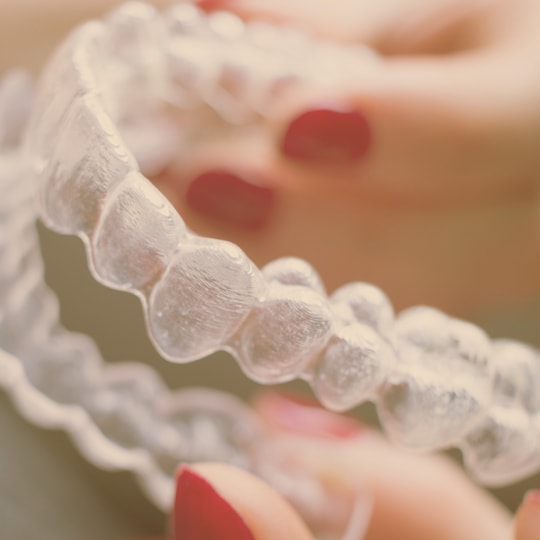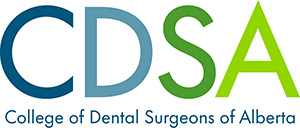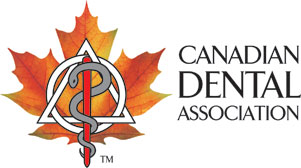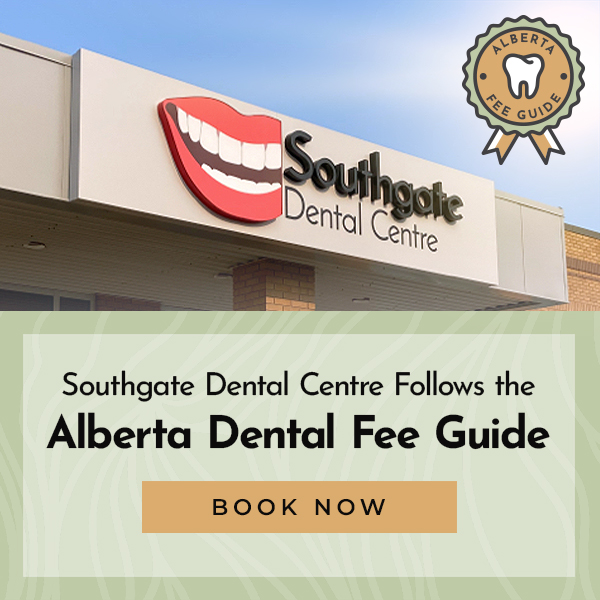What to Expect From Your Appointment
No matter what kind of service you need, one thing will never change: your comfort and satisfaction matter. Your dental health team will do what they can to help you feel calm, comfortable, and well taken care of.
Request your appointment today.
Medical Screening
Southgate Dental prioritizes the safety and well-being of both our patients and our staff. In accordance with the College of Dental Surgeons of Alberta’s (CDSA) Infection Prevention and Control (IPC) Standards and Risk Management for Dentistry, we take a comprehensive approach to infection control. This includes conducting a medical history screening for all our patients.
During your initial appointment and at regular intervals thereafter, we will ask you to complete a confidential medical history form. This form gathers information about any existing medical conditions, medications you are taking, and any potential risk factors for infection.
This information is vital for helping us perform a point-of-care risk assessment. This assessment helps us tailor our infection control procedures to your specific needs.
Dental Exam
The point of an exam is to ensure your teeth and mouth as a whole are healthy. Your dentist will inspect each tooth, looking for signs of damage, decay, or disease. They will also take a look at your bite to make sure your teeth and jaws are properly aligned.
The dentist will also take some time to review your full-body health. This can include a blood pressure check, an oral cancer scan, and a full review of your medical history with you.
Your dentist may also need to take x-rays depending on when you last had them done. These x-rays give the dentist the chance to inspect the health and structure of your teeth and jaws below the gumline.
Even if you feel like you are the picture of oral health, you need regular dental exams. Your dentist is trained to detect oral health issues before you notice them. It’s always easier to prevent an issue than it is to resolve an issue. Dental exams empower you to take a proactive approach to your oral health.
Dental Cleaning
Even patients with perfect oral hygiene habits need their teeth cleaned professionally twice a year. Dental practices have the necessary tools and skills to give your teeth the most thorough cleaning possible. A professional cleaning helps prevent plaque from building up in small spaces or crevices that you may not be able to touch with a regular toothbrush or floss.
Scaling
Typically, the appointment begins with scaling. Scaling is when the dental hygienist scrapes calculus (commonly known as tartar) and plaque from your teeth both above and below the gumline with a variety of dental tools including a hand scaler and an ultrasonic scaler. Next, your hygienist will move on to the polishing and flossing phase of the cleaning.
Polishing
Now that the calculus has been removed, your dental hygienist will likely polish your teeth with a high powered handpiece and a special gritty tooth polish. Depending on your unique dental needs, your dental hygienist will select a fine, medium, or coarse grit tooth polish. Insurance companies may or may not cover the cost of tooth polishing, so you should check your benefits package.
While having your teeth professionally polished is an excellent way to deep clean your mouth, it should be done sparingly. Having your teeth polished too often can cause enamel damage, so your dental hygienist will let you know how often you should have your teeth polished.
Flossing
After your teeth have been polished, your dental hygienist will use their professional flossing skills to really get into those hard-to-reach places. Your dental hygienist’s vantage point means they can see trouble spots more easily than you can, and their professional flossing skills mean they can get deep down between your teeth. A professional flossing also removes any remaining plaque or polish from the expert polishing session.
After a quick rinse, the hygienist may apply a fluoride treatment, which can take the form of a fluoride gel or a fluoride varnish. Fluoride acts similarly to a sealant; protecting your teeth from cavities or decay.
Fluoride Treatment
Fluoride gel is placed in a mouthpiece, which sits on your teeth for one to four minutes. To get the full benefit of the gel, you should avoid eating for 30 minutes after your appointment.
Fluoride varnish is more effective than fluoride gel and remains active for hours after it is applied. It also hardens in the presence of saliva, so you can eat or drink immediately after your appointment. However, fluoride varnish may temporarily discolour your teeth and may give your teeth a strange texture. Once the varnish has worn off a few hours later, your teeth will feel smooth and will return to their natural colour.
Because fluoride varnish is more effective than fluoride gel, it is now the standard of care at many dental practices, including Southgate Dental.






